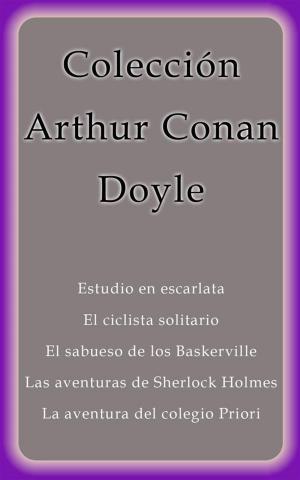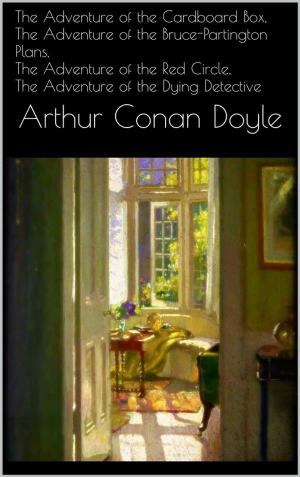Las cinco semillas de naranja/The five orange pips
Nonfiction, Reference & Language, Education & Teaching, Educational Theory, Bilingual Education, Fiction & Literature, Action Suspense, Classics| Author: | Arthur Conan Doyle | ISBN: | 9781502504296 |
| Publisher: | Arthur Conan Doyle | Publication: | September 25, 2014 |
| Imprint: | Language: | Spanish |
| Author: | Arthur Conan Doyle |
| ISBN: | 9781502504296 |
| Publisher: | Arthur Conan Doyle |
| Publication: | September 25, 2014 |
| Imprint: | |
| Language: | Spanish |
Un día de fuertes vientos, Holmes estaba sentado en su sillón cuándo tocan el timbre. Era un joven llamado John Openshaw que quería consejos y ayuda sobre un caso en su familia; empieza a contar el caso. El padre de John (Joseph) había patentado unos neumáticos irrompibles que lo hicieron rico, tanto que vendió la empresa y se retiró aún más rico. El tío de John (Elías), en cambio, emigró a USA, dónde consiguió el cargo de coronel en el ejército, y compró una plantación en Florida. En 1869, Elías volvió a Inglaterra, donde adquirió una finca. Era un hombre violento, irascible y con repugnancia hacia la etnia negra; fumaba mucho y tomaba brandy en abundancia. En 1878, Joseph le pidió a Elías que John se quedara en su casa. Elías aceptó amablemente. El 10 de marzo del 1883, en el correo apareció una carta Que venía desde Pondicherry, India. Cuándo el tío la abrió, salieron 5 semillas de naranja y un papel que decía ‘’K.K.K’’. Elías se desmayó y nunca más estuvo igual.
A young Sussex gentleman named John Openshaw has a strange story: in 1869 his uncle Elias Openshaw had suddenly come back to England to settle on an estate at Horsham, West Sussex after living for years in the United States as a planter in Florida and serving as a Colonel in the Confederate Army.
Not being married, Elias had allowed his nephew to stay at his estate. Strange incidents have occurred; one is that although John could go anywhere in the house he could never enter a locked room containing his uncle's trunks. Another peculiarity was that in March 1883 a letter postmarked Pondicherry, in India, arrived for the Colonel inscribed only "K.K.K." with five orange pips enclosed.
More strange things happened: Papers from the locked room were burnt and a will was drawn up leaving the estate to John Openshaw. The Colonel's behaviour became bizarre. He would either lock himself in his room and drink or he would go shouting forth in a drunken sally with a pistol in his hand. On 2 May 1883 he was found dead in a garden pool.
Un día de fuertes vientos, Holmes estaba sentado en su sillón cuándo tocan el timbre. Era un joven llamado John Openshaw que quería consejos y ayuda sobre un caso en su familia; empieza a contar el caso. El padre de John (Joseph) había patentado unos neumáticos irrompibles que lo hicieron rico, tanto que vendió la empresa y se retiró aún más rico. El tío de John (Elías), en cambio, emigró a USA, dónde consiguió el cargo de coronel en el ejército, y compró una plantación en Florida. En 1869, Elías volvió a Inglaterra, donde adquirió una finca. Era un hombre violento, irascible y con repugnancia hacia la etnia negra; fumaba mucho y tomaba brandy en abundancia. En 1878, Joseph le pidió a Elías que John se quedara en su casa. Elías aceptó amablemente. El 10 de marzo del 1883, en el correo apareció una carta Que venía desde Pondicherry, India. Cuándo el tío la abrió, salieron 5 semillas de naranja y un papel que decía ‘’K.K.K’’. Elías se desmayó y nunca más estuvo igual.
A young Sussex gentleman named John Openshaw has a strange story: in 1869 his uncle Elias Openshaw had suddenly come back to England to settle on an estate at Horsham, West Sussex after living for years in the United States as a planter in Florida and serving as a Colonel in the Confederate Army.
Not being married, Elias had allowed his nephew to stay at his estate. Strange incidents have occurred; one is that although John could go anywhere in the house he could never enter a locked room containing his uncle's trunks. Another peculiarity was that in March 1883 a letter postmarked Pondicherry, in India, arrived for the Colonel inscribed only "K.K.K." with five orange pips enclosed.
More strange things happened: Papers from the locked room were burnt and a will was drawn up leaving the estate to John Openshaw. The Colonel's behaviour became bizarre. He would either lock himself in his room and drink or he would go shouting forth in a drunken sally with a pistol in his hand. On 2 May 1883 he was found dead in a garden pool.
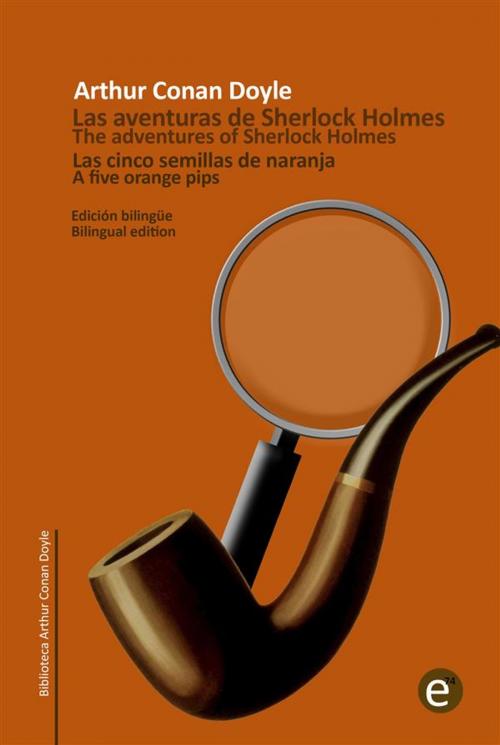



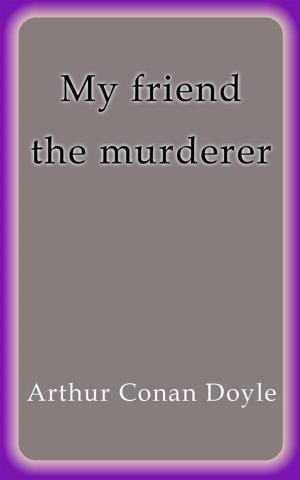

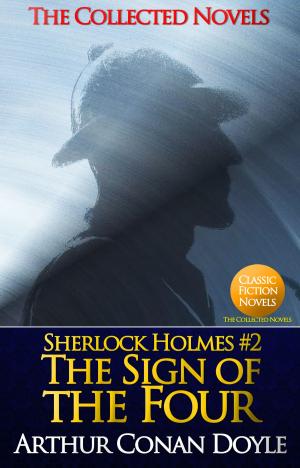


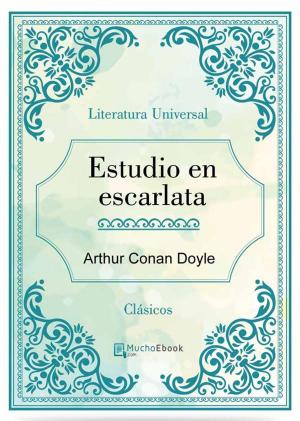
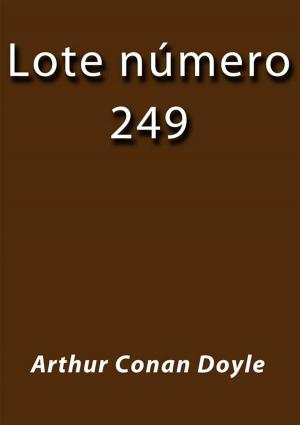
![Cover of the book THE VALLEY OF FEAR Classic Novels: New Illustrated [Free Audio Links] by Arthur Conan Doyle](https://www.kuoky.com/images/2013/january/300x300/1230000103028-voCY_300x.jpg)

